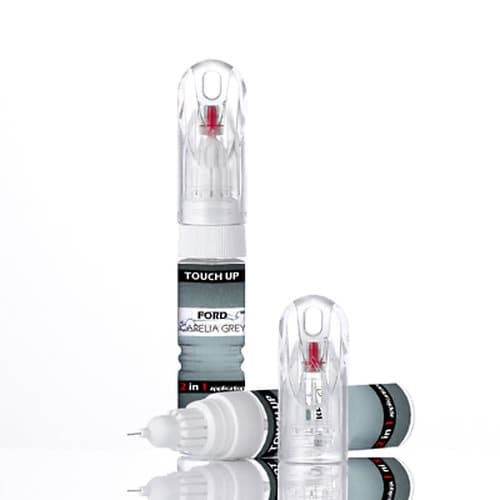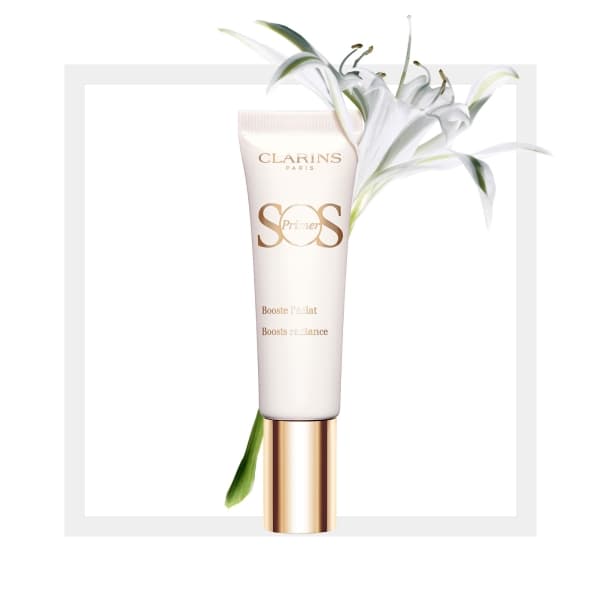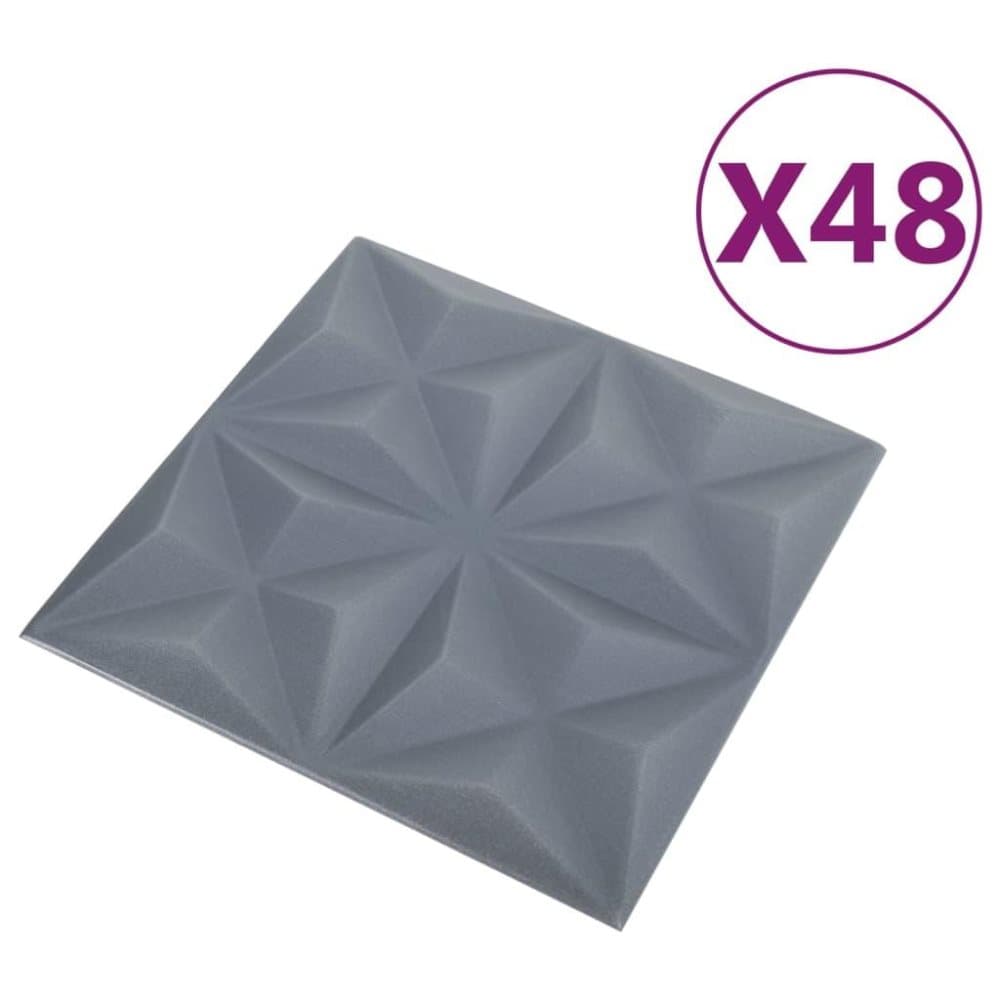Though plant cells are separated by cell walls, cells maintain their identity as they are delimited by semi-permeable membranes that permit them to function as autonomous units. The flow of materials in and out of the cell is regulated by channels, transporters, pumps, and acquaporins in these membranes. The cytoplasm is sandwiched between two membranes: the plasma membrane, which forms the outer boundary of the cytoplasm, and the tonoplast or the vacuolar membrane which forms the inner boundary. Cell membranes serve several different functions: form boundaries and provide compartmentalization, site of chemical reactions catalyzed by membrane proteins, regulate the exchange of ions/compounds across the barrier, site of perception/transmission of signals (hormones), and act in cell-to-cell communication. The membrane functions are affected by different abiotic (biotic stress not discussed), nutritional, edaphic and mechanical stresses, which have been discussed in this volume in light of the recent literature












